What Happens If You Hold in a Sneeze
Sneezing is a common reflex that most of us experience regularly, often dismissed as a mere inconvenience or a minor bodily function. Yet, behind this simple act lies a complex physiological process with significant implications for our health. While many people choose to suppress a sneeze for various reasons—social etiquette, convenience, or simply being caught off guard—few are aware of the potential consequences of doing so. This article delves into 10 surprising outcomes of stifling a sneeze, exploring the intricate relationships between our body's reflexes and health. By understanding these consequences, we can appreciate the importance of letting our bodies perform their natural functions unimpeded.
1. The Pressure Build-Up: More than Meets the Eye
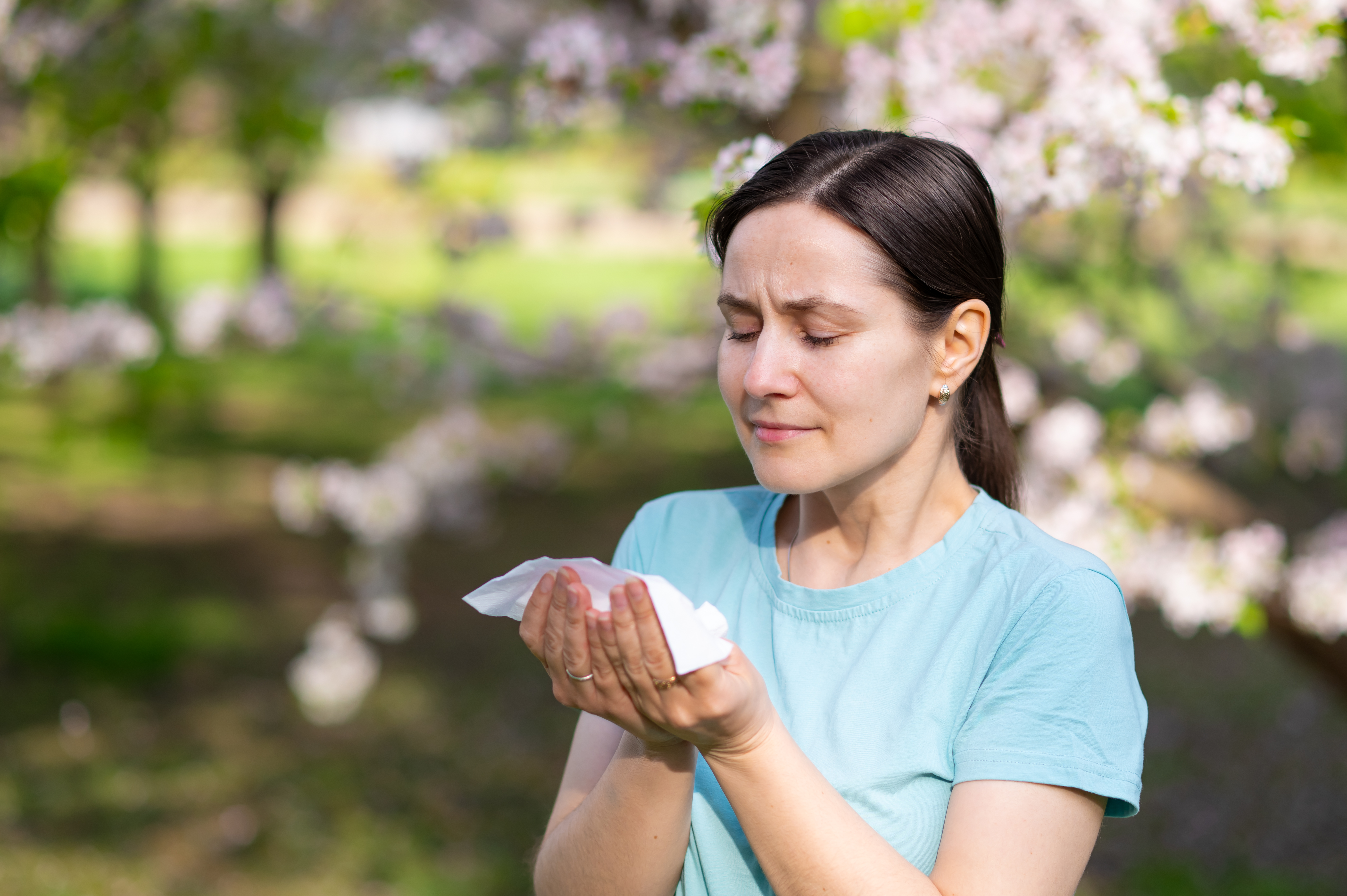
When you suppress a sneeze, the pressure that would have been expelled through the nose and mouth is redirected internally. This can cause a significant increase in pressure within the respiratory system, sometimes reaching levels that can damage delicate tissues. The sudden and forceful redirection of air can lead to minor injuries such as ruptured blood vessels in the nasal passages or eyes, and in extreme cases, it might even cause a rupture of the eardrum. Understanding this pressure build-up highlights the importance of letting a sneeze out to avoid unnecessary strain on our internal systems.
2. Ear Damage: A Risky Affair
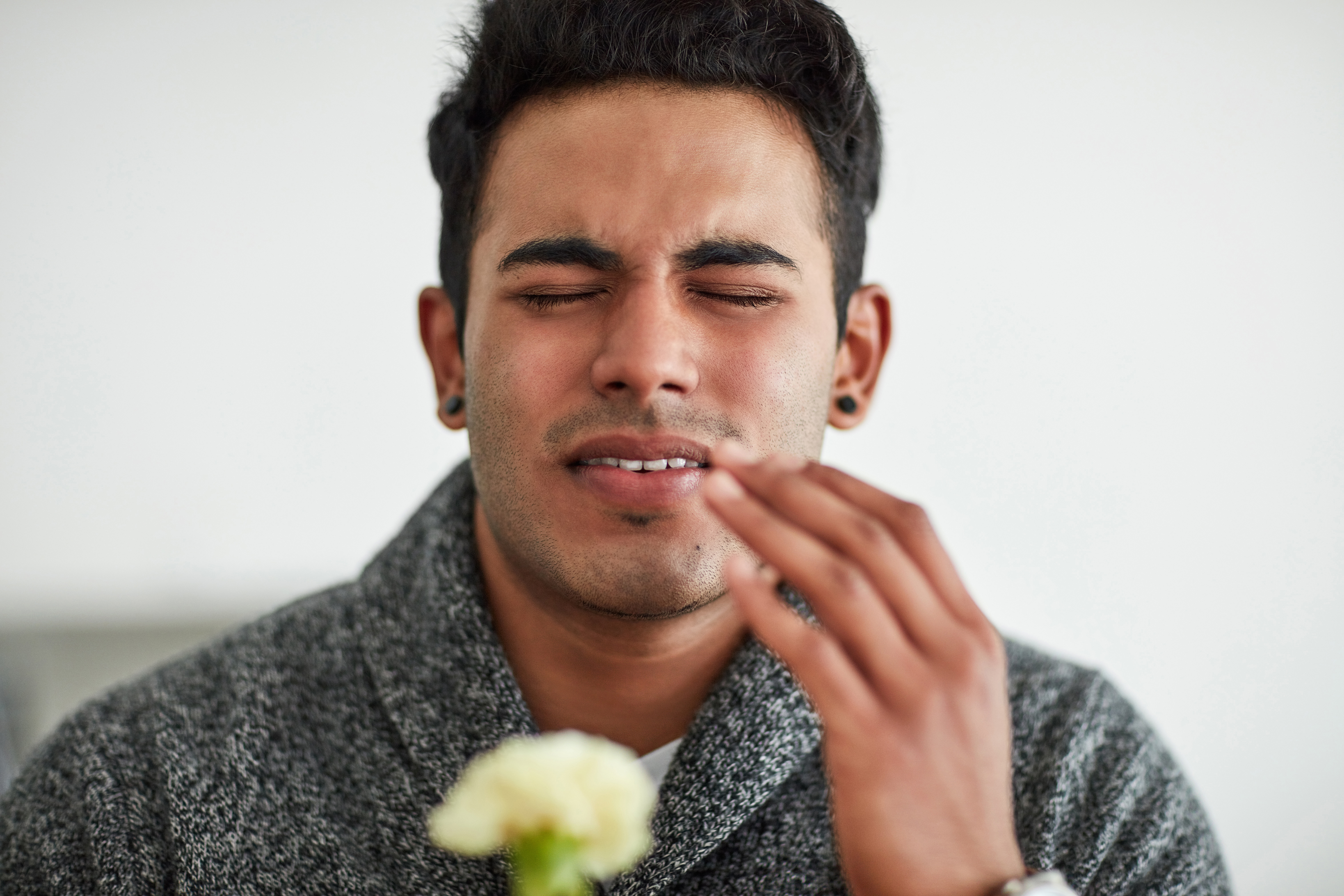
The ears are particularly vulnerable when a sneeze is suppressed. The Eustachian tubes, which help equalize pressure in the ears, can become overwhelmed by the sudden surge of air redirected from a stifled sneeze. This can lead to complications such as barotrauma, where the pressure difference causes pain or even ruptures the eardrum. In rare cases, this can result in temporary or permanent hearing loss. By allowing a sneeze to occur naturally, we protect our ears from these potentially harmful effects, underscoring the delicate balance our bodies maintain in response to everyday actions.
3. Sinus Complications: A Hidden Danger
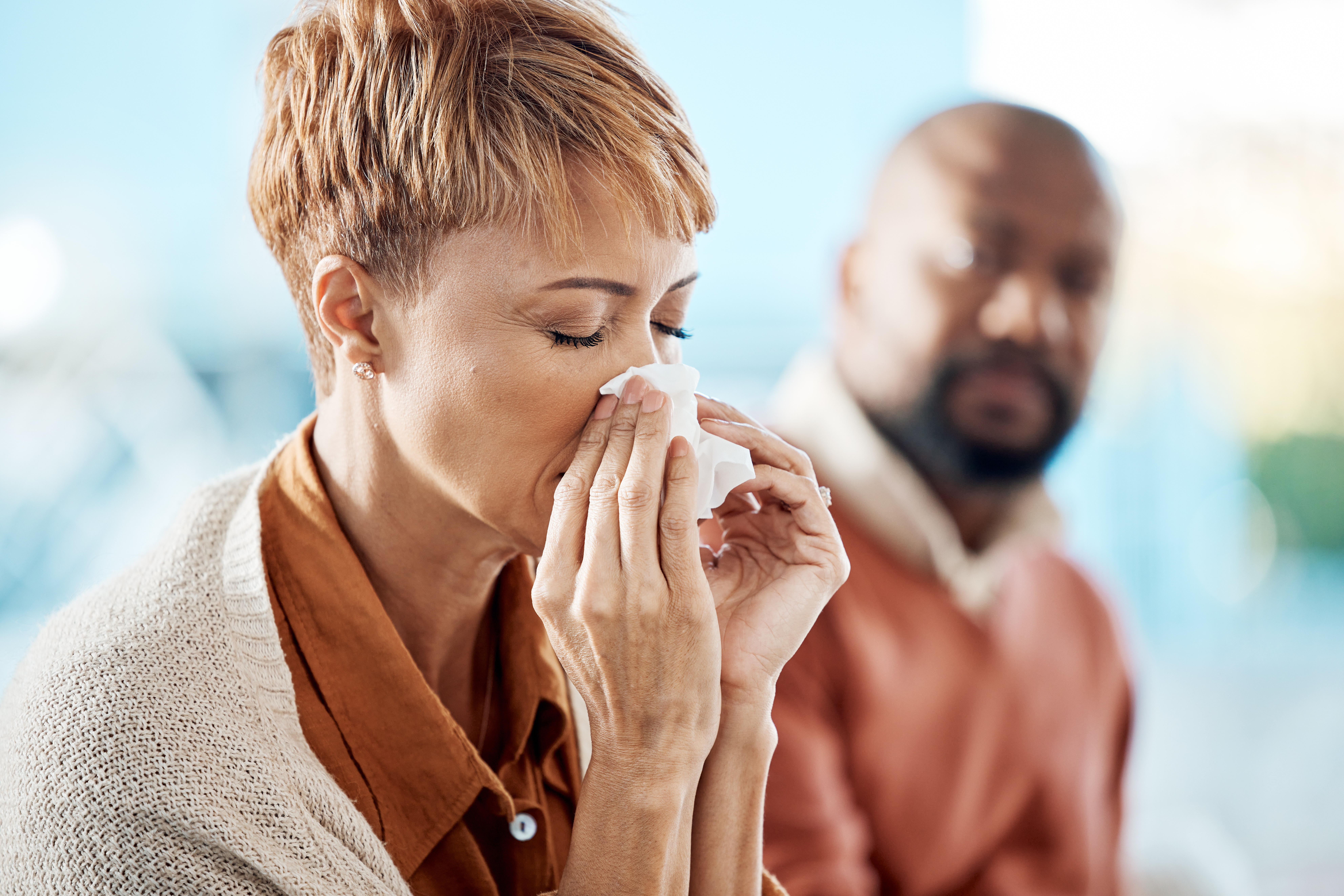
Stifling a sneeze can also have repercussions for our sinuses. The sinuses are air-filled spaces within the bones of the face and skull that are connected to the nasal cavity. When a sneeze is suppressed, the high-pressure air can be forced into these cavities, potentially leading to sinus infections or exacerbating existing sinusitis. The trapped bacteria-laden mucus can create a breeding ground for infections, resulting in discomfort and prolonged illness. Understanding the link between suppressed sneezes and sinus health encourages us to reconsider the seemingly benign act of holding back a sneeze.
4. Brain Injury: Not as Far-Fetched as It Seems

While it may sound improbable, stifling a sneeze can, in rare instances, lead to brain injury. The intense pressure generated can cause a rupture of a cerebral aneurysm, a weak spot in a blood vessel in the brain that can balloon out and fill with blood. If such an aneurysm bursts, it can result in a hemorrhagic stroke, which is a life-threatening condition. Although the occurrence is rare, it serves as a stark reminder of the interconnectedness of our bodily systems and the potential risks of interfering with natural reflexes like sneezing.
5. Throat Damage: A Silent Threat
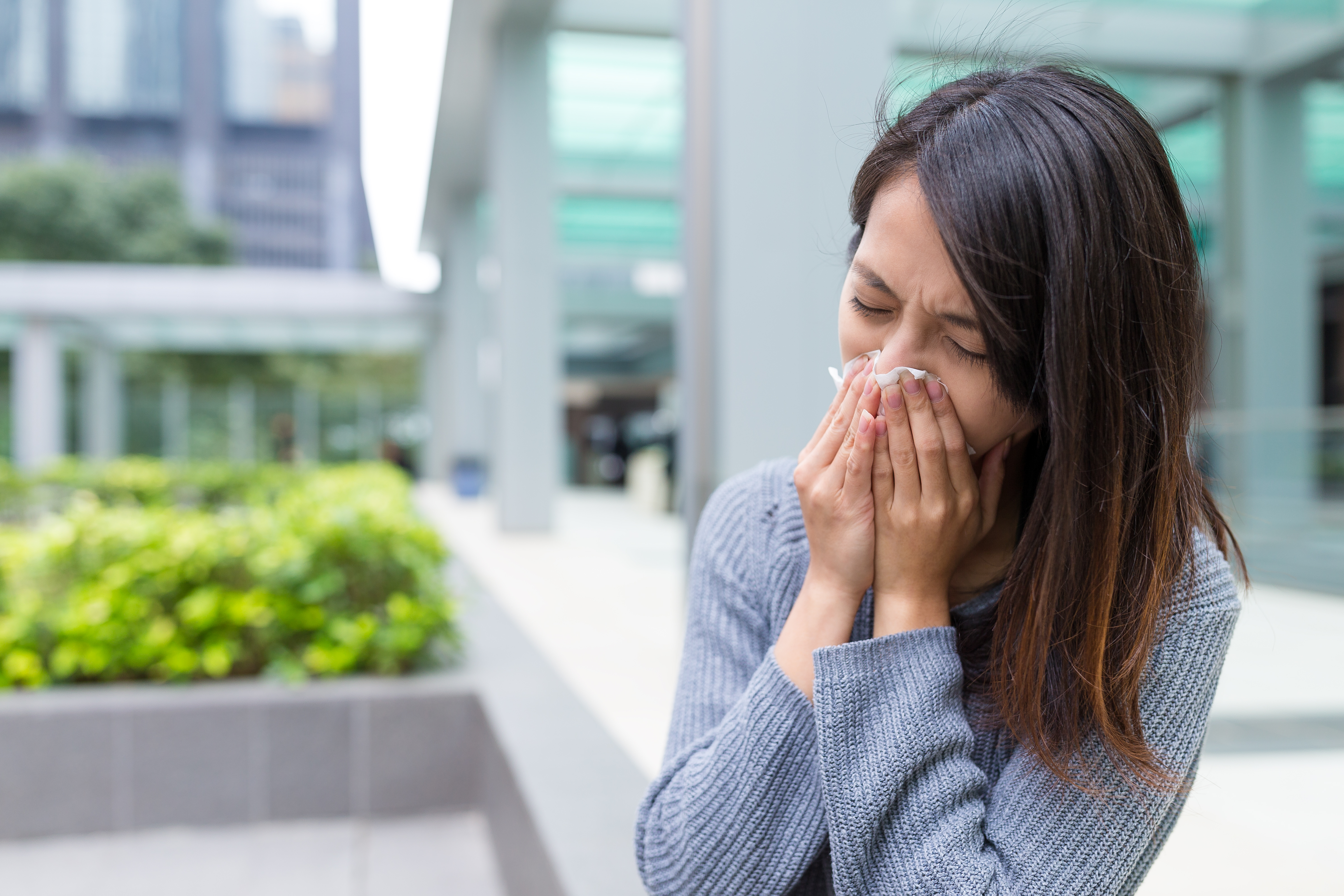
The throat can also suffer damage from suppressed sneezes. The forceful redirection of air can cause a rupture in the pharynx, the membrane-lined cavity behind the nose and mouth. This can lead to a condition known as subcutaneous emphysema, where air escapes into the tissues of the neck and chest, causing swelling and discomfort. In severe cases, it may require medical intervention to alleviate the symptoms. This potential consequence of stifling a sneeze highlights the need to allow our bodies to expel air naturally and avoid unnecessary harm to our throat structures.
6. Lung Injury: Breathing Under Pressure
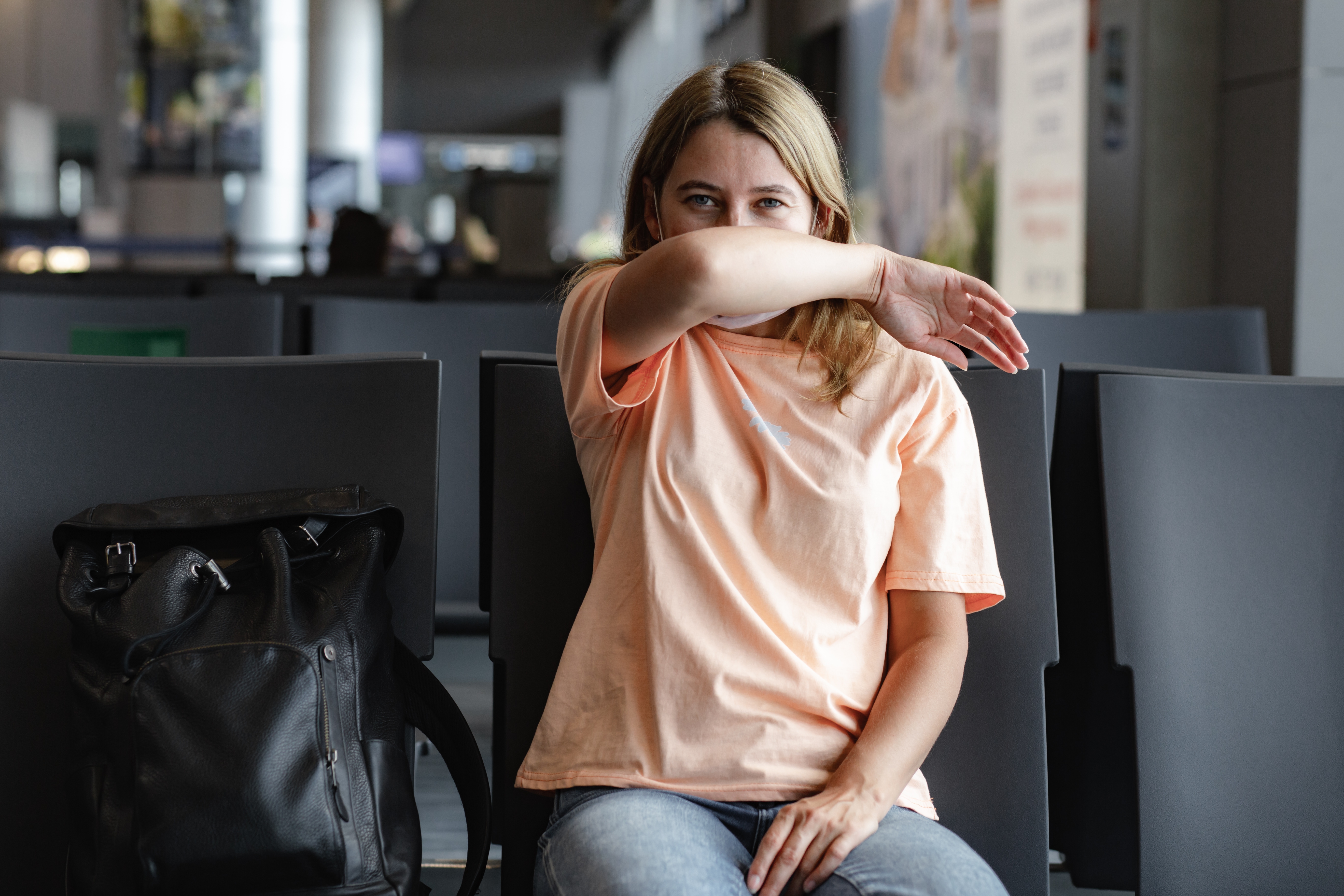
Suppressing a sneeze can also pose risks to lung health. The sudden increase in internal pressure can cause alveoli, the tiny air sacs in the lungs, to burst, leading to a condition called pneumothorax, where air leaks into the space between the lung and chest wall. This can result in a collapsed lung, which is a medical emergency requiring immediate attention. Although this outcome is rare, it underscores the importance of understanding how our actions can inadvertently impact vital organs like the lungs and reinforces the value of allowing natural reflexes to occur.
7. Impact on Heart Health: A Subtle Connection
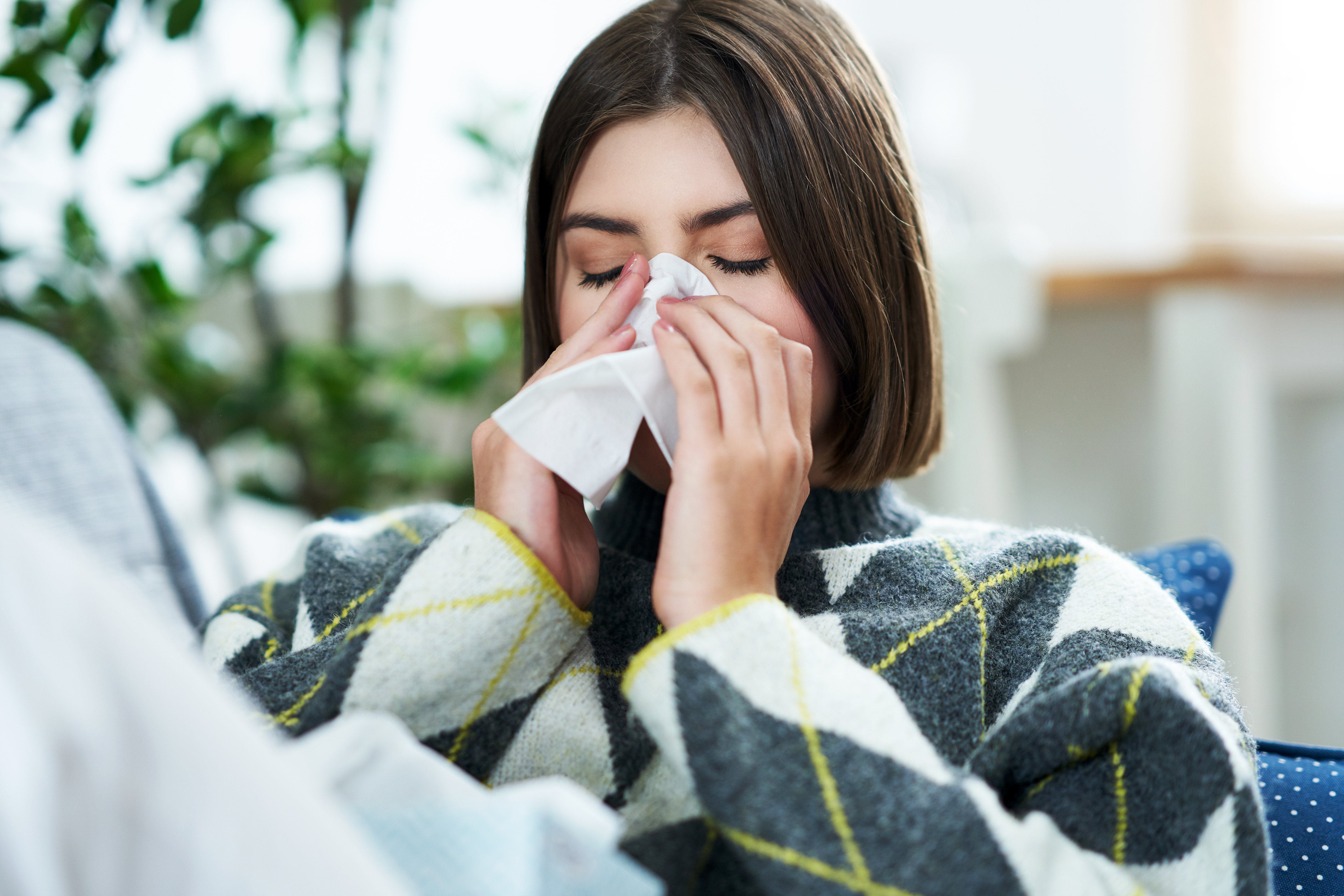
While sneezing itself can momentarily affect heart rhythm, suppressing a sneeze can have more serious implications for heart health. The sudden increase in thoracic pressure can alter the flow of blood back to the heart, potentially causing a brief but significant change in blood pressure and heart rate. For individuals with underlying cardiovascular issues, this could pose a risk, though the likelihood is low. Recognizing the potential cardiovascular impact of suppressed sneezes encourages us to be mindful of how interconnected our bodily systems are and the importance of maintaining their natural functions.
8. Exacerbating Allergies: A Vicious Cycle
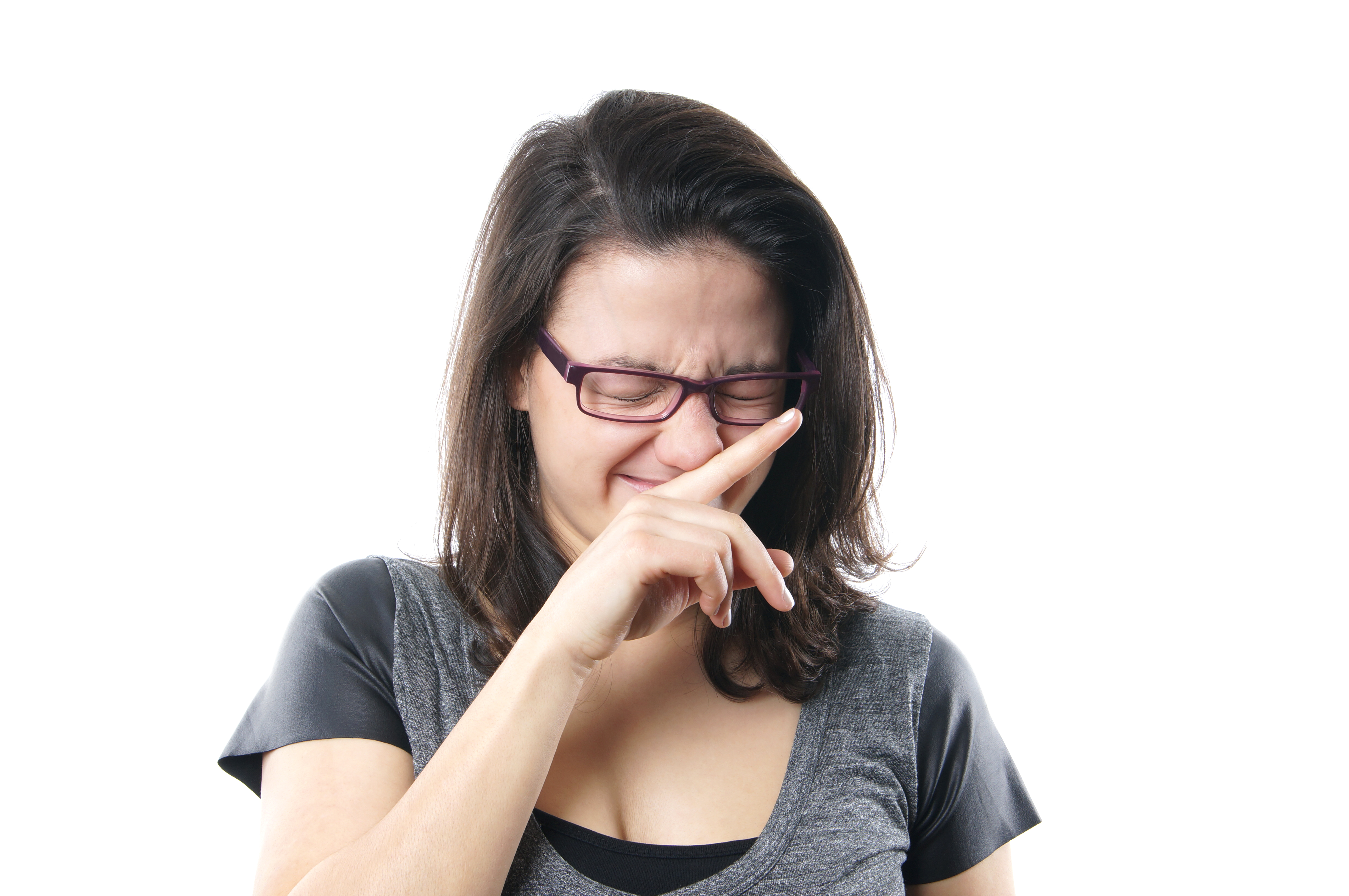
For those who suffer from allergies, stifling a sneeze can exacerbate symptoms. Sneezing is a natural mechanism to expel allergens and irritants from the nasal passages. By suppressing this reflex, allergens remain trapped, potentially leading to increased irritation and inflammation. This can create a vicious cycle, where the desire to suppress sneezes leads to more frequent and intense allergic reactions. Understanding this relationship emphasizes the role of sneezing in managing allergy symptoms and the importance of allowing our bodies to respond naturally to environmental triggers.
9. Social Implications: Beyond Physical Health
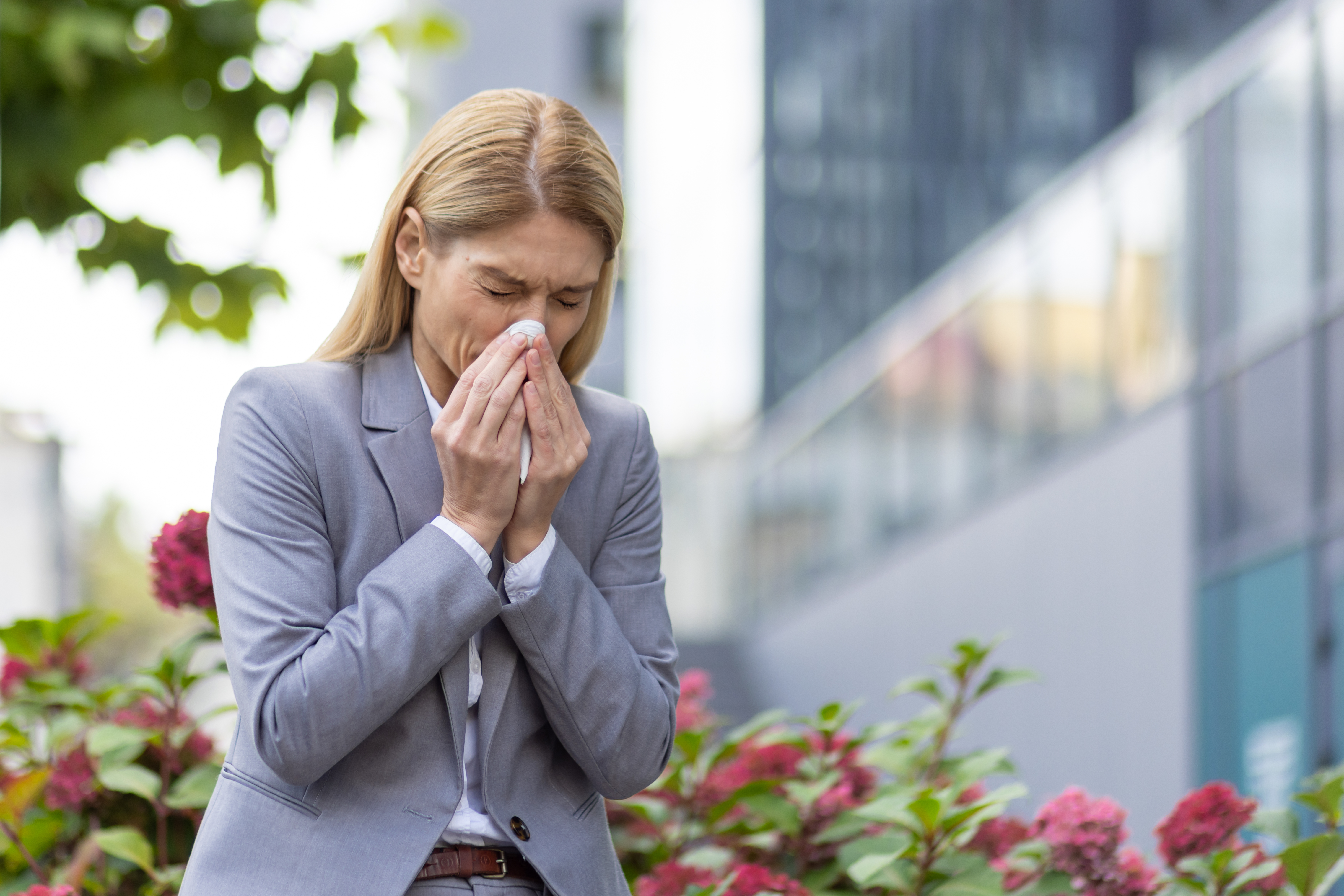
The act of suppressing a sneeze is often driven by social considerations, such as avoiding drawing attention in public or maintaining decorum in professional settings. However, these social pressures can have unintended consequences on our health, as explored in previous sections. Additionally, repeatedly stifling sneezes can create a habit that may be difficult to break, potentially leading to long-term health implications. By acknowledging the social factors that influence our decisions, we can better balance social etiquette with the need to prioritize our health and well-being.
10. Psychological Effects: The Mind-Body Connection

The act of suppressing a sneeze can also have psychological effects. Continually overriding a natural reflex can create a sense of discomfort or anxiety, particularly if it becomes a habitual response. This can contribute to stress and tension, which in turn can impact overall health. By allowing ourselves to sneeze freely, we not only protect our physical health but also support our mental well-being. Recognizing the mind-body connection in this context highlights the importance of respecting our body's natural processes and the holistic benefits of doing so.
Embracing the Sneeze
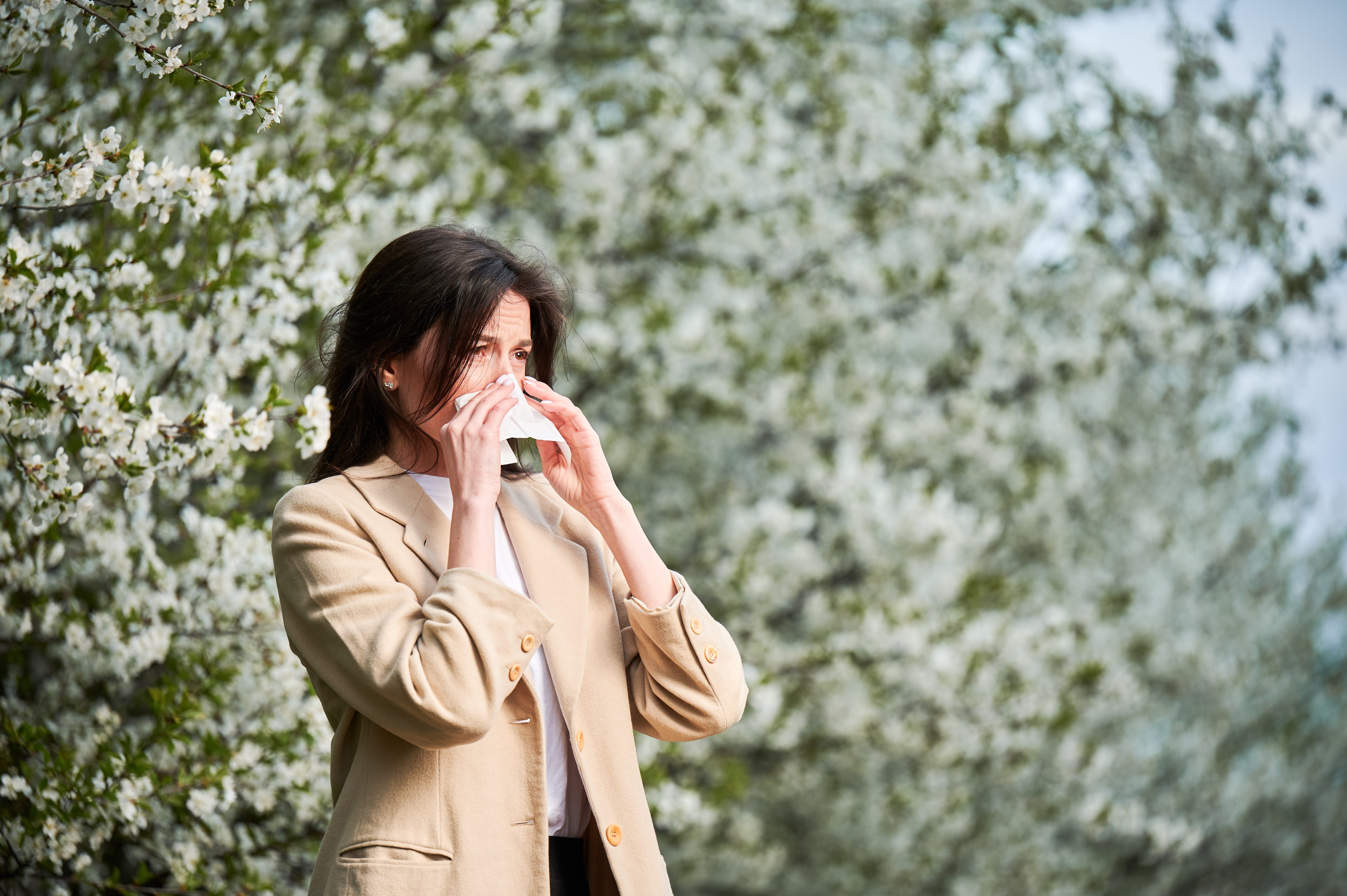
While it may seem like a minor act, stifling a sneeze can have a range of surprising and significant consequences. From physical injuries to psychological impacts, the implications of suppressing this natural reflex are far-reaching. By understanding the potential risks, we can make informed decisions about how we respond to the urge to sneeze. Embracing the sneeze allows us to maintain the delicate balance of our bodily systems, protect our health, and appreciate the intricate ways in which our bodies are designed to function. Letting a sneeze out may seem like a small act, but it is one that carries substantial benefits for our overall well-being.